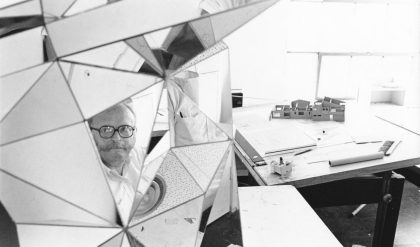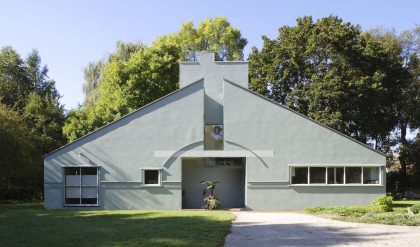
The relation between philosophy and architecture is interrogative and propositional. It is about asking questions concerning the meaning of human habitation—what it means to live in built environs—and about evaluating plans and design projects where human flourishing and social progress can best occur—in what kinds of buildings, interior spaces and urban precincts. The following sets of questions address issues—aesthetic, ethical, and political issues, as well as metaphysical and epistemological concerns—that relate philosophy to architecture. Although philosophers and architectural theorists (and often design practitioners) can each be expected to have an interest in any or all of these questions, as scholars or public intellectuals of a kind, architectural theorists have played as much, if not more, of a role in shaping the field than philosophers have. There are historical reasons for this, having much to do with the origins and evolution of different academic disciplines and critical perspectives: the questions likely to be posed by one or the other, for a given period (or perennially in some cases) and the people most concerned to ask them. Here are the questions:
· What is the philosophy of architecture about? How is, how can, and how should philosophy be connected to architecture?
· How and in what ways is architecture concerned with aesthetics? How and in what ways is architecture concerned with ethics? Is there a connection?
· What are architecture’s relations to social and political concerns and what does this tell us about the knowledge and discipline of architecture?
The focus of the article is on aesthetic and ethical issues which are, on virtually all accounts, the mainstay of philosophy of architecture. A consideration of ethical issues in architecture in relation to the aesthetic ones quickly segues into architecture’s relation to social theory and political philosophy.




